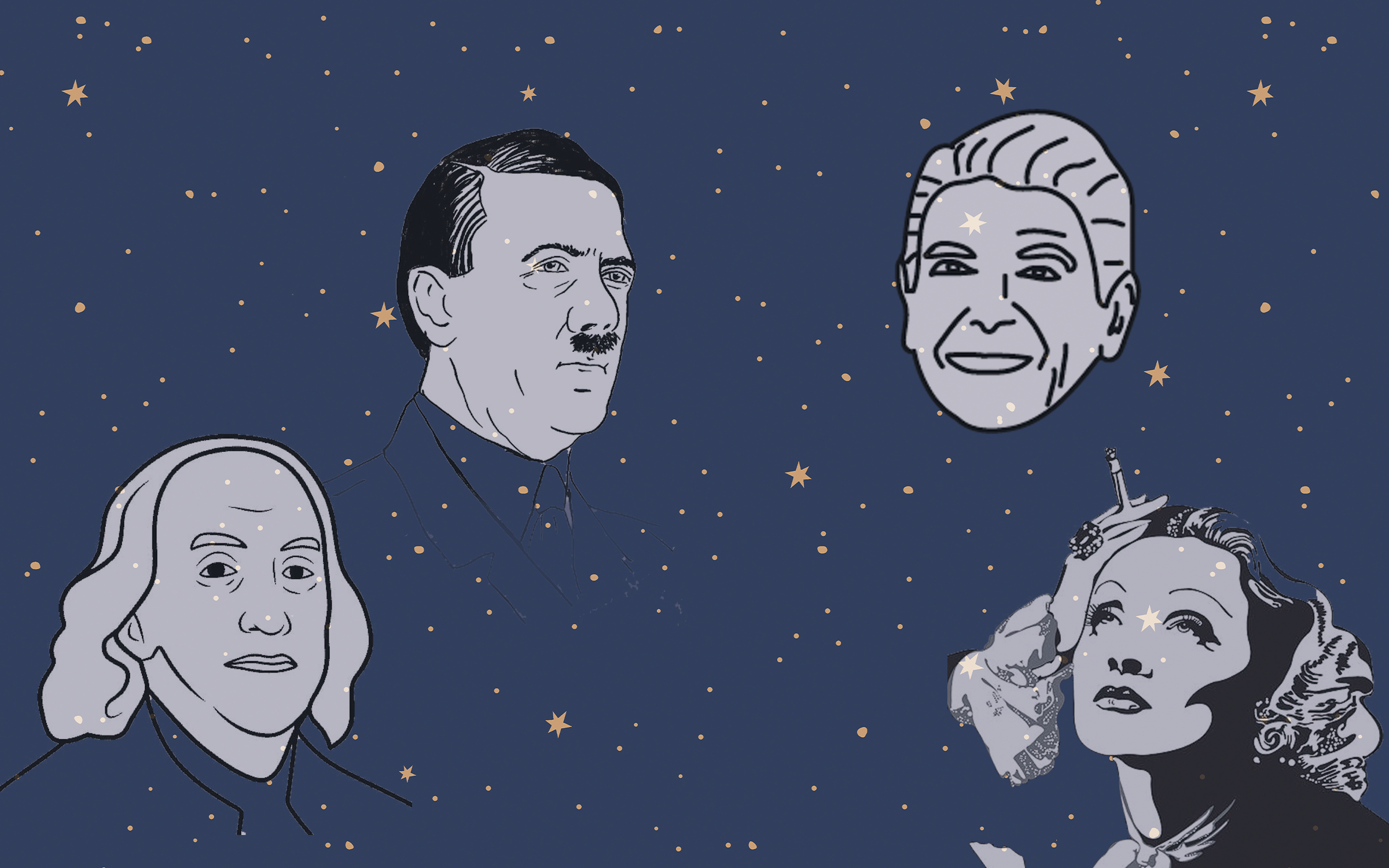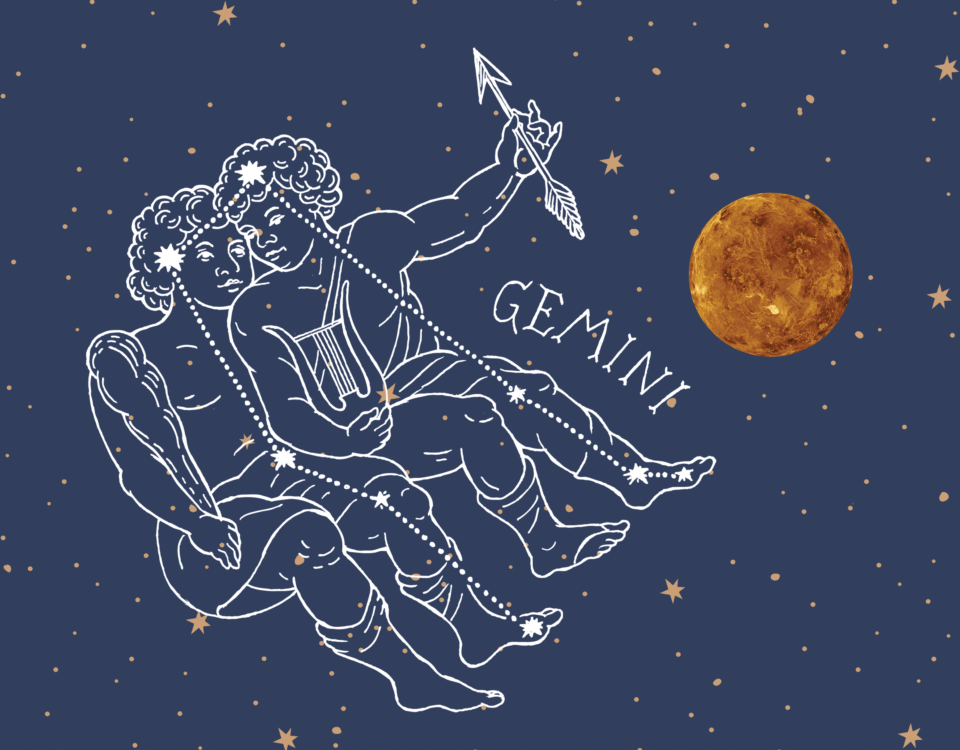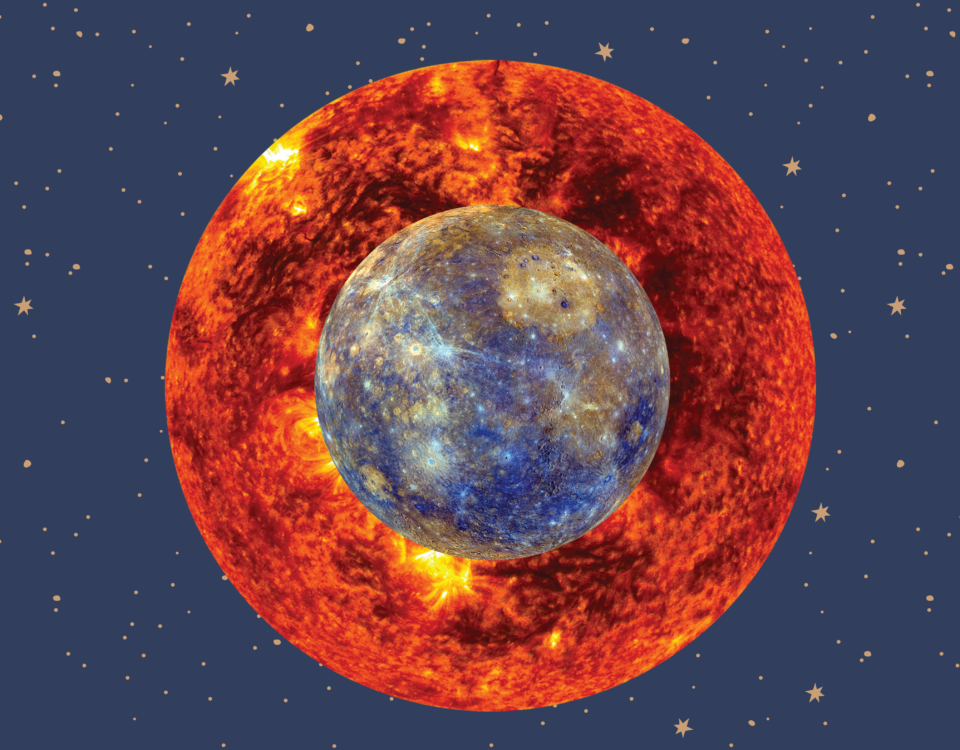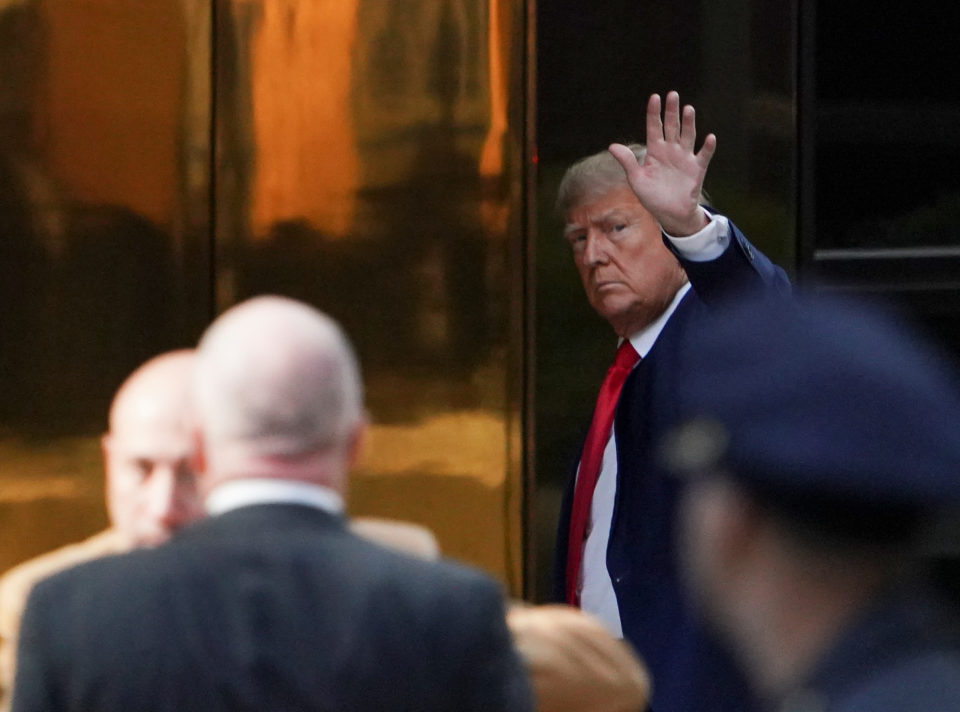Powerful People Who Used Astrology as a Tool

Uranus and Jupiter Conjunction in Taurus: A Big Deal for Finances
March 26, 2023
Cassandra
March 28, 2023
-
Ronald Reagan: The 40th President of the United States was known to have consulted astrologer Joan Quigley throughout his presidency. Nancy Reagan, his wife, was particularly interested in astrology and sought Quigley's guidance to schedule important events, such as political meetings and travel plans. Reagan's reliance on astrology was revealed after the assassination attempt in 1981, which led to increased scrutiny of his administration's decision-making process.
-
Adolf Hitler: The Nazi leader is believed to have consulted astrologers and occultists during his time in power. One prominent astrologer associated with Hitler was Karl Ernst Krafft, who initially gained favor by predicting an assassination attempt on the dictator. Hitler's interest in astrology was part of a broader fascination with the occult and mystical ideologies, which he believed could be used to further the aims of the Nazi regime.
-
Queen Elizabeth I: The British monarch, who reigned from 1558 to 1603, was known to consult astrologer and mathematician John Dee. Dee served as an advisor on various matters, including navigation, diplomacy, and the selection of auspicious dates for significant events. Queen Elizabeth I's reliance on astrology was indicative of the era's general belief in the influence of celestial bodies on earthly affairs.
-
J.P. Morgan: The influential American financier and banker reportedly relied on astrologer Evangeline Adams for guidance in his business ventures. Morgan's trust in astrology was captured in the famous quote attributed to him: "Millionaires don't use astrology; billionaires do." While the authenticity of this quote is debated, it highlights the historical association between astrology and powerful figures in the world of finance.
-
Catherine de' Medici: The Queen of France from 1547 to 1559, Catherine de' Medici was known to consult the famous astrologer and seer Nostradamus. She sought his advice on matters of state, politics, and personal guidance. Catherine's interest in astrology was part of her broader fascination with the occult and the belief that celestial events could impact the lives of powerful individuals.
-
Carl Jung: The prominent Swiss psychiatrist and psychoanalyst was known for his interest in astrology. While not a political figure, Jung's influence on psychology and the study of the human mind is significant. He incorporated astrological concepts into his work on archetypes and the collective unconscious, and believed that astrology could be a tool for understanding human behavior and relationships.
-
Emperor Augustus: The first Roman Emperor was a strong believer in astrology and often used it to legitimize his rule. He even had his own horoscope cast, which he considered to be highly favorable, and minted coins with astrological symbols to demonstrate his connection to the divine.
-
Napoleon Bonaparte: The French military leader and Emperor is said to have consulted astrologers during his campaigns. He reportedly took their advice into account when planning military strategies and making decisions about the timing of his actions.
-
Benjamin Franklin: One of the Founding Fathers of the United States, Franklin showed interest in astrology and even published an annual almanac under the pseudonym Richard Saunders, which included astrological predictions and advice.
-
Theodore Roosevelt: The 26th President of the United States was known to have a keen interest in astrology. He is reported to have regularly read his horoscope and sought guidance from astrologers during his time in office.
-
Louis XIV: The King of France, also known as the Sun King, was a patron of the arts and sciences, including astrology. He employed the court astrologer Jean-Baptiste Colbert to provide astrological advice on matters of state and personal affairs.
-
Princess Diana: The late Princess of Wales is said to have regularly consulted astrologer Penny Thornton for guidance on various aspects of her life, including her relationships and public image.
- Heinrich Himmler: A leading member of the Nazi Party, Himmler was deeply interested in the occult and astrology. He established the Ahnenerbe, an organization dedicated to researching the historical Heinrich Himmler: A leading member of the Nazi Party, Himmler was deeply interested in the occult and astrology. He established the Ahnenerbe, an organization dedicated to researching the historical.
-
Charles de Gaulle: The former President of France and military leader is reported to have consulted astrologer Maurice Vasset for advice on political decisions and the timing of major events. De Gaulle was particularly interested in Vasset's predictions regarding the outcomes of elections and conflicts.
-
Wallis Simpson: The American socialite and Duchess of Windsor, whose relationship with King Edward VIII led to his abdication, was known to consult astrologers for guidance. She particularly relied on the advice of astrologer R.H. Naylor during her controversial relationship with the British monarch.
-
Marlene Dietrich: The famous German-American actress and singer had a strong interest in astrology and was known to consult astrologers for guidance in both her personal and professional life. Astrologer Carroll Righter was one of her trusted advisors, and she would often seek his advice on important decisions and relationships.




